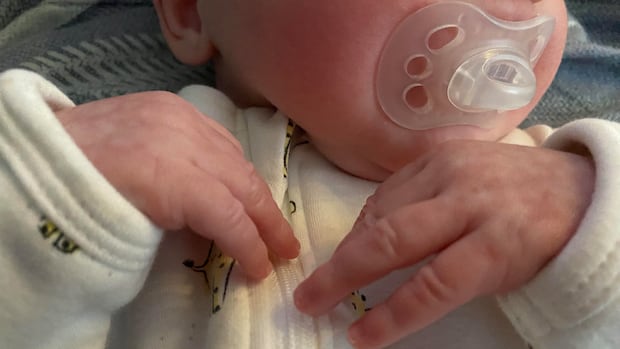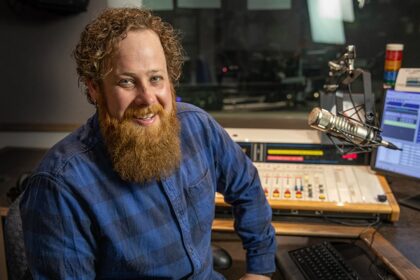Nova Scotia Nova Scotia’s health minister says the province is making headway on ensuring babies are receiving proper health care even though about one in five of the province’s newborns need a program designed for those without primary care providers. 1 in 5 babies in Nova Scotia need newborn clinic for medical careCarolyn Ray · CBC News · Posted: Nov 01, 2025 5:00 AM EDT | Last Updated: 2 hours agoListen to this articleEstimated 3 minutesNova Scotia Health’s program for newborns without a doctor has been expanded across the central zone. (Carolyn Ray/CBC)Nova Scotia’s health minister says the province is making headway on ensuring babies are receiving proper health care even though about one in five of the province’s newborns need a program designed for those without primary care providers. The rate for “unattached” babies is nearly three times the percentage of all Nova Scotians on the waitlist for a doctor or nurse practitioner, which is in the area of 7.3 per cent.”The unattached rate continues to come down on a regular basis,” said health minister Michelle Thompson. “I appreciate that it’s difficult for families, but there is care available.”The province’s health authority says 1,648 newborns were seen from April 2024 to March 2025 through the unattached newborn program. The program has been expanded.Parents across the central zone used to have to travel to a clinic in Halifax if their newborn didn’t have a primary care provider. The expansion means there are five primary care clinics in the central zone that will support new families, with locations in Halifax, Dartmouth, Windsor and Sheet Harbour. The clinics in the other zones in the province were already set up to accept newborns who need doctors. Checkups in a baby’s first year are vital, tracking growth, nutrition and vaccinations.A baby is supposed to see a provider within 72 hours of leaving the hospital.Primary care clinics are sites for any unattached patient to seek medical attention, so Kolten MacDonnell, the director of primary health care in the central zone, said it made sense to expand that support to babies. “What that ultimately means to patients is that care is delivered closer to home,” he said.He said hospital staff will check with families to see if they need the service, and flag it to the local site in time for the 72-hour checkup. “The other benefit is that the care is delivered by a multi-disciplinary team and is delivered in the same place that the parent or the sibling or any other member of the family would have the same access point if they don’t have a regular provider either,” he said.The baby is also placed on the waitlist to find a primary care provider. Dr. Maria Alexiadis, the transformation lead for primary health care, said they’ll be allowed to keep using clinic services until they are matched.”They don’t need to worry that somehow it’s going to stop,” Alexiadis said.She is encouraging parents to call 811 if they have questions about how the system works. “Right now, it’s working well,” she said.She said many babies don’t wait long until they’re matched with a long-term health care provider. Meanwhile, Thompson said parents shouldn’t be concerned about seeing different providers when they visit the clinics on multiple occasions. “The things that are important are that the weights are staying up, the babies are being assessed, and that information would be stored there.”MORE TOP STORIES ABOUT THE AUTHORCarolyn Ray is a videojournalist who has reported out of three provinces and two territories, and is now based in Halifax. You can reach her at Carolyn.Ray@cbc.ca
Born on waitlist: Nova Scotia Health expands program to help babies without doctors











